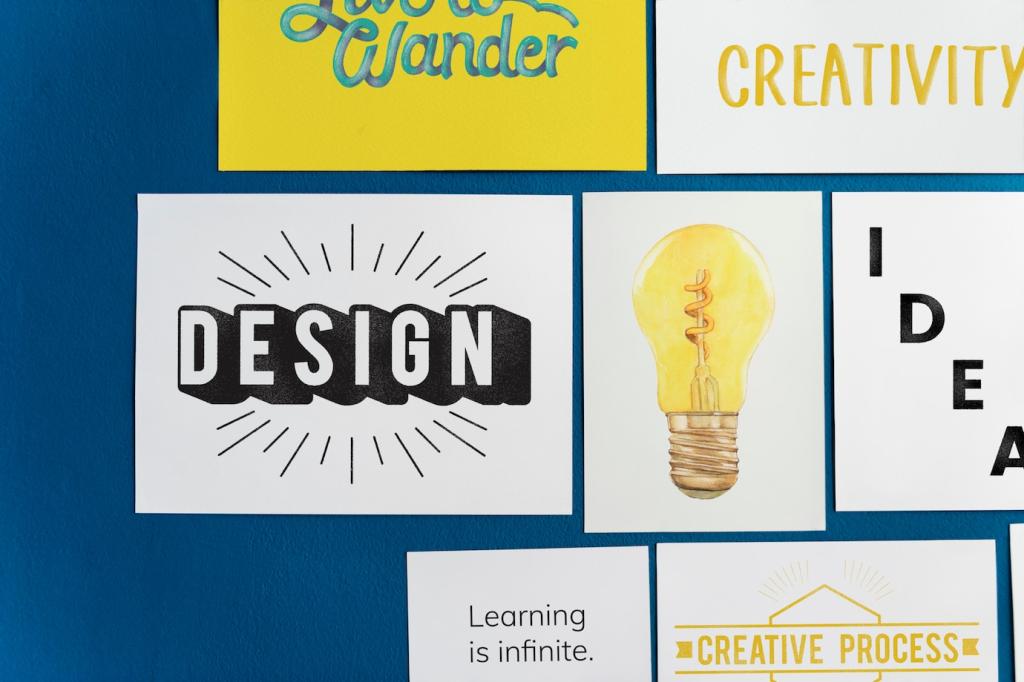
Level Up Learning: Gamification in Online Learning Platform Design
Today’s chosen theme: Gamification in Online Learning Platform Design. Discover how playful mechanics, meaningful challenges, and human-centered narratives can transform course engagement into lasting mastery. Join the conversation, share your wins, and subscribe for weekly design insights.
Why Gamification Works in Real Learning
Great learning systems align mechanics with autonomy, mastery, and purpose. When learners choose paths, track skill growth, and see real-world relevance, points become signals—not bait—guiding effort toward meaningful outcomes.
Why Gamification Works in Real Learning
Play creates low-stakes experimentation where retrieval practice, spaced repetition, and immediate feedback flourish. Together, these techniques reduce anxiety, support flow, and help learners encode knowledge into durable, transferable mental models.
Designing Meaningful Game Mechanics
Award experience for deliberate practice, not busywork. Tie XP to competency milestones, provide granular progress bars per skill, and celebrate streaks that reflect consistent learning behaviors rather than mere platform clicks.
Designing Meaningful Game Mechanics
Replace linear modules with skill trees mapping prerequisite knowledge and advanced branches. Learners feel ownership choosing paths, while the structure clarifies dependencies and scaffolds complex capabilities step by intentional step.

Narrative and Onboarding That Spark Momentum
Frame learners as problem-solvers joining a mission—improving a community, launching a product, or decoding a mystery. When the narrative links to real outcomes, effort feels consequential and progress becomes personally meaningful.
Design an immediate, achievable challenge that demonstrates value within minutes. A small victory anchored to a core skill reduces friction, primes dopamine rewards, and invites learners to pursue bigger milestones confidently.
Organize content into chapters with cliffhangers and clear objectives. Each chapter should preview upcoming skills, review prior knowledge, and end with reflective prompts that connect new concepts to lived experiences.

Community, Competition, and Cooperation
01
Use tiered or rotating leaderboards to avoid discouraging newcomers. Highlight improvement, teamwork, and quality contributions—not just speed—so recognition promotes growth mindsets and sustained, equitable participation across cohorts.
02
Form small squads with complementary strengths. Provide shared quests that require coordination, peer feedback, and knowledge exchange. Groups become accountability anchors and safe spaces for asking questions without fear.
03
Introduce seasonal challenges, themed sprints, and community rituals like demo days. Time-boxed events energize learners, create shared memories, and offer frequent re-entry points for those returning after breaks.
Ethical, Inclusive Gamification
Replace streak anxiety with compassionate nudges and pause protections. Be transparent about rewards, probabilities, and time expectations, ensuring learners never feel manipulated into behaviors that undermine well-being.

Ethical, Inclusive Gamification
Offer alternative text, captions, color-safe palettes, keyboard navigation, and difficulty sliders. Provide multiple paths to demonstrate mastery so different abilities, backgrounds, and schedules can thrive equally.
Measuring Impact and Iterating Wisely
Articulate clear hypotheses: increased completion, faster time-to-competency, or better transfer. Choose metrics and baselines early, so you can attribute improvements directly to specific mechanics and design decisions.
Measuring Impact and Iterating Wisely
Test variations of progress feedback, narrative hooks, or challenge difficulty. Small controlled experiments reveal which mechanics truly help learners persist and which merely add visual novelty without educational value.


Prototyping Cheaper Than You Think
Mock up quests with slides, spreadsheets, or low-code platforms. Run a one-week pilot with a tiny cohort, watching live to refine copy, pacing, and rewards before writing a single production line.
Tech Stack Considerations
Choose systems that support modular content, event tracking, and flexible feedback. Prioritize interoperability, analytics, and accessibility so you can evolve mechanics without costly redesigns or learner disruption.
Launch, Learn, Iterate
Roll out in phases, announce goals, and invite feedback channels from day one. Celebrate early adopters, share lessons publicly, and iterate visibly to strengthen community trust and shared ownership.
